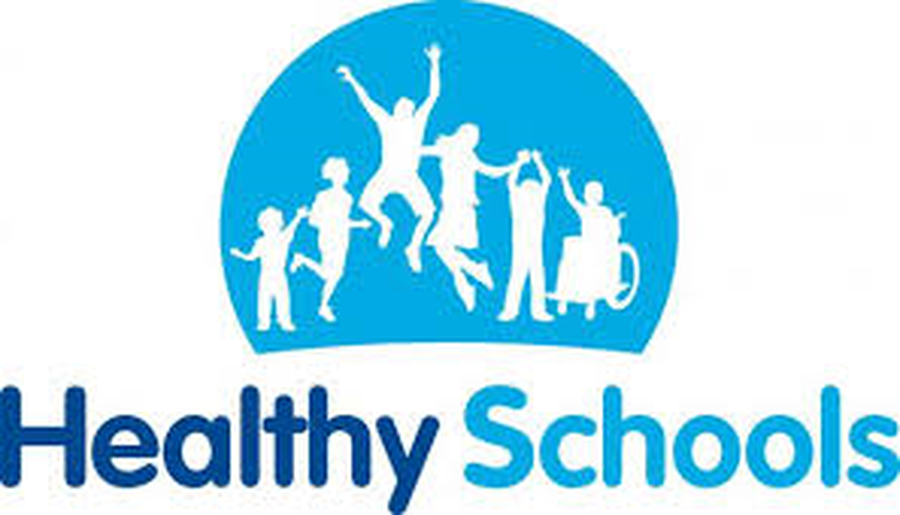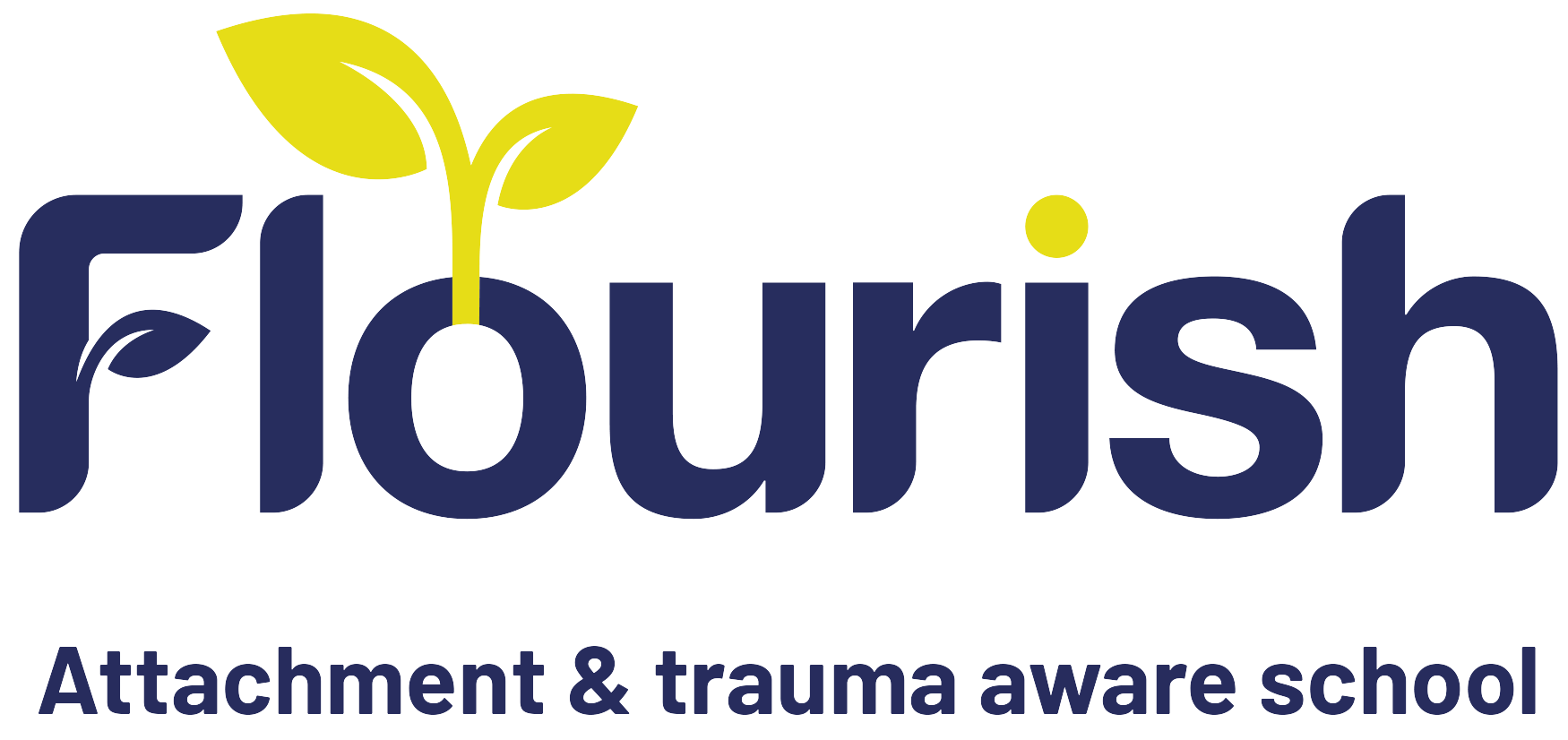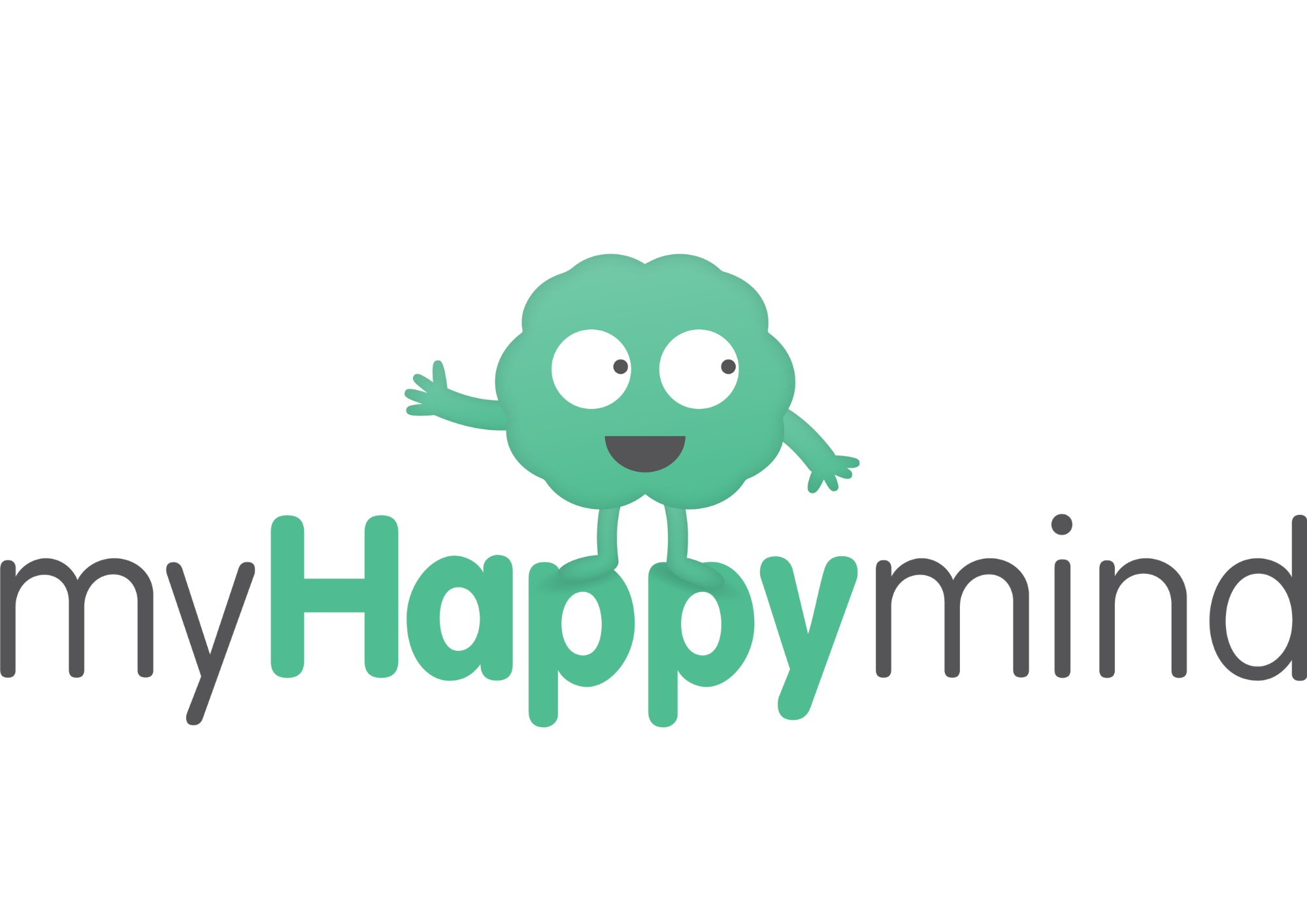Curriculum Intent
Our curriculum intent recognises our school’s unique context by supporting pupils' academic; vocational and SEND learning needs. As part of this education, we place great emphasis on the development of pupils’ pastoral, social and emotional development to enable them to develop as individuals and citizens, within the wider community.
Our curriculum aims to empower pupils; support them and prepare them for their future careers. We hope to adapt their attitudes to learning towards a ‘can do’ attitude, so they appreciate the challenges they may face in later life, and have the moral resilience to lead happy and fulfilling lives.
Primary Curriculum
Our primary curriculum supports pupils to develop a sense of self to become receptive learners in a nurturing environment, developing Social Skills, Motor Skills and Team building with our pupils
Primary pupils are also taught: English, Phonics, Mathematics, Science, Art, PE, Humanities (themed Topics) and PSHE.
We develop pupils’ reading and Literacy Skills throughout the Primary curriculum, through discreet Literacy and Numeracy lessons as well through themed topics.
Within Key Stage 1 we use the Phonics Scheme, Read, Write INC (RWI).
Secondary Turnaround Group (STAG) Curriculum
This is 12-week programme for pupils to develop coping strategies for their successful return to mainstream. We aim to engage all pupils in learning; enable all pupils to make progress from their individual starting points, and to have successes in learning; focus on developing pupil’s social, emotional and mental health; focus on depth before breadth: having a strong curriculum focus on the facilitating subjects of English and Mathematics; allow pupils to explore subjects beyond the core curriculum that reflect the local context and prepares pupils to be successful within society; support all pupils to make healthy and safe choices; support all pupils to develop the skills, behaviours and attitudes that will enable them to reintegrate to, and be successful in, the next phase of their education.
LEAP Curriculum
Leap curriculum is nurture-based model, with Primary and Secondary elements, a curriculum focused on personal development and therapeutic subjects/interventions. Most are in different stages of the EHCP process. The delivery of this curriculum is based on SEN methods of teaching and differs slightly to KS3.
Key Stage 3 and Curriculum
We aim to provide our pupils with the essential knowledge that they need to be educated citizens, gaining ‘Cultural Capital’. Our curriculum is designed to:
- Promote success both academically and vocationally
- Develop the self
- Develop social independent skills
- Promote a growth mind-set Engage all pupils in learning.
- Enable all pupils to make progress from their individual starting points, and to have successes in learning.
- Focus on developing pupil’s social, emotional and mental health.
- Focus on depth before breadth; having a strong curriculum focus on the facilitating subjects of English and Mathematics.
- Support all pupils to make healthy and safe choices.
- Support pupils to make positive decisions about their future and next steps.
- Ensure that all Y11 pupils leave with at least two qualifications, no matter when they join us.
- Ensure that the majority of our Y 11 pupils achieve a qualification in English and Mathematics.
- Ensure that all Y 11 pupils who are not returning to mainstream education have access to a range of qualifications at the right level and grade to reflect their ability.
Curriculum Implementation
All pupils who have joined us and continue to, have come from various different settings and contexts, have been taught different curriculums and some will move onto other schools and curriculums. Therefore, our curriculum has been developed to reflect the wide range of pupil needs; pupil progress and pupil engagement. We have taken into consideration the journey of the child and developed curriculum options to support individual lifelong learning opportunities.
Pupils are assessed through the induction process using WRATs, a baseline assessment which provides ages in reading; comprehension; spelling and maths. Following on from this any further interventions and support will be implemented through interventions, either embedded through the curriculum or provided on a one-to-one basis. These include read, Write Inc phonics programme; Fresh start; Lexia and TTRockstar. The aim is to close the gap between their starting point and age-related expectations.
The curriculum supports key knowledge being retained to memory. This is sequenced, so that new knowledge and skills build on prior knowledge and learning. Detailed yearly curriculum maps are available (on the tabs below). Assessment is used to inform teaching and to help pupils to embed learning and understanding.
Curriculum Content
Impact
The impact of our curriculum is significantly measured through pupil progress and attainment. Our assessment policy lays out the detail of how we assess pupils.
In addition, evaluation of the impact of VPA’s curriculum will be measured in the following ways:
|
Aim |
Impact Measure |
|
Engage all pupils in learning. |
|
|
Enable all pupils to make progress from their individual starting points, and to have successes in learning. |
|
|
Support all pupils to make healthy and safe choices. |
|
|
Focus on depth before breadth: having a strong curriculum focus on the facilitating subjects of literacy and numeracy/English and Mathematics.
|
|
|
Support all pupils to develop the skills, behaviours and attitudes that will enable them to reintegrate to, and be successful in, a mainstream school.
|
|
|
Support pupils to make positive decisions about their future and next steps. |
|
|
Ensure that all Year 11 pupils leave with at least two qualifications, no matter when they join us. |
|
|
Ensure that the majority of our Year 11 pupils achieve a qualification in English and Mathematics. |
|
|
Ensure that all Year 11 pupils who are not returning to mainstream education have access to a range of qualifications at the right level and grade to reflect their ability. |
|
Should you require any further information please contact Natalie Berryman-Brown, who is the senior member of staff with responsibility for the curriculum. Her details are: nberrymanbrown@victorypark.org.uk
Curriculum Maps
Curriculum Offer & Review
Curriculum at a Glance
|
Subject |
KS1 |
KS2 |
STAG |
LEAP |
KS3 |
KS4 |
|
30 lessons per week for each group. |
||||||
|
English |
5 lessons |
5 lessons |
4 lessons |
4 lessons |
4 lessons |
4 lessons GCSE English Language AQA / Edexcel Functional Skills English (Level 1 Level 2) |
|
Maths |
5 lessons |
5 lessons |
4 lessons |
4 lessons |
4 lessons |
4 lessons GCSE Edexcel GCSE Mathematics/ Edexcel Functional Skills Maths (Level 1 Level 2) |
|
PHSE |
1 lesson |
1 lesson |
1 lesson |
1 lesson |
2 lessons |
2 lessons NOCN Personal Wellbeing Level 1 Award/ Certificate. NOCN Personal Wellbeing Level 2 Award/ Certificate |
|
R.E |
1 lesson |
1 lesson |
1 lesson |
1 lesson |
1 lesson |
|
|
P.E |
2 lessons |
2 lessons |
1 lesson |
1 lesson |
2 lessons |
2 lessons NCFE Level 2 PE Certificate in Sport |
|
Food Tech |
2 lessons |
2 lessons |
2 lessons |
2 lessons |
2 lessons |
3 lessons- 1 double 1 single theory-NCFE Level 2 Certificate in Food and Cookery/ High Speed Training Level 2 Food Safety Certificate |
|
Art |
1 lesson |
1 lesson |
2 lesson |
2 lessons |
2 lessons |
4 lessons (Optional) GCSE Art and Design (Art, Craft and Design) |
|
Science |
1 lesson |
1 lesson |
2 lessons |
2 lessons |
2 lessons |
2 lessons Pearson BTEC level 1 and 2 |
|
Humanities |
1 lesson |
1 lesson |
2 lessons |
2 lessons |
2 lessons |
|
|
Outdoor Education |
1 lesson Combat |
1 lesson Combat |
4 lessons Nuclear races; Combat |
4 lessons Nuclear races; Combat |
|
|
|
Target Setting/Assembly |
1 lesson |
1 lesson |
1 lesson |
1 lesson |
1 lesson |
1 lesson |
|
Lexia/Phonics |
5 lessons |
5 lessons |
|
|
|
|
|
Lego Therapy |
1 lesson |
1 lesson |
|
|
|
|
|
Activity Passport |
1 lesson |
1 lesson |
1 lesson |
1 lesson |
1 lesson |
|
|
Verbo/ELSA |
1 lesson |
1 lesson |
1 lesson |
2 lessons |
|
|
|
Occupational Studies |
|
|
2 lessons |
4 lessons (Optional) Level 1 and 2 NCFE qualification in Occupational Studies. |
||
|
Music |
|
|
|
|
2 lessons |
|
|
Business Studies |
|
|
|
|
|
4 lessons (Optional) Level 1 Pearson BTEC- Introductory Certificate in Business |
|
Computing |
1 lesson |
1 lesson |
1 lesson |
1 lesson |
1 lesson |
|
|
King’s Trust |
|
|
1 lesson |
1 lesson |
2 lessons |
2 lessons Personal Development and Employability |
|
Working in Sport |
|
|
|
|
|
2 lessons NCFE level 2 Certicate |
|
Hair and Beauty |
|
|
|
|
2 lessons (Optional) NCFE Occupational Studies in the Workplace |
|
|
Child Development |
|
|
|
|
|
2 lessons (Optional) NOCN Child Development |
|
Enrichment |
|
|
Nuclear Races; Horse riding; combat |
|||

.jpg)



.jpg)